The University proudly inaugurated its Independent Power Plant (IPP) project, a significant step forward in generating low-carbon, efficient, and cost-effective electricity for its campus and the surrounding communities. In 2024 alone, this innovative project generated an impressive 5.85 gigajoules of energy, showcasing its potential to meet the growing energy needs of both the University and local residents.
Throughout the year, the IPP has harnessed a diverse and intelligent mix of electricity generation methods, including solar power, gas turbines, waste-to-energy conversion, wind turbines, green hydrogen production, and the use of ethanol fuel. This variety not only maximizes energy output but also emphasizes the commitment to sustainability.
A thorough evaluation conducted in 2024 revealed that the project has successfully slashed the University’s electricity costs, particularly those associated with fossil fuel-powered generators, by an astonishing 97-100% on average every month. This substantial decrease has significantly lessened noise and air pollution on campus and contributed to a marked reduction in greenhouse gas (GHG) emissions stemming from electricity generation.
The journey began on June 21, 2021, when the University launched a 2.5-megawatt independent power project powered by Cabota Energy. Since then, ABUAD has achieved remarkable progress, scaling up production by an additional 10% in 2024, following a notable 5% increase in 2023. This ongoing growth not only supports the University but also ensures that more renewable energy is available for the neighboring community, fostering a greener and more sustainable future for all. Click the below links to read more…
https://www.vanguardngr.com/2021/06/power-abuad-inaugurates-2-5-megawatts-ipp/
https://tribuneonlineng.com/abuad-inaugurates-2-5mw-independent-power-project/
https://cabotaenergy.com/portfolio/abuad-independent-power-plant-2/
The significance of carbon reduction and emission control cannot be overstated when it comes to the overall health and well-being of Afe Babalola University. This importance is underscored by the presence of the university’s 400-bed, state-of-the-art hospital, featuring ten modular theaters and a comprehensive multisystem approach to healthcare. Recognized as one of the premier healthcare institutions in Africa, the hospital is dedicated to providing top-notch medical care to its patients. Consequently, it is vital to address and minimize the levels of air pollutants in the surrounding environment. By doing so, we can alleviate the strain on healthcare facilities and ensure they can continue to function effectively as essential life-saving centers for the community.
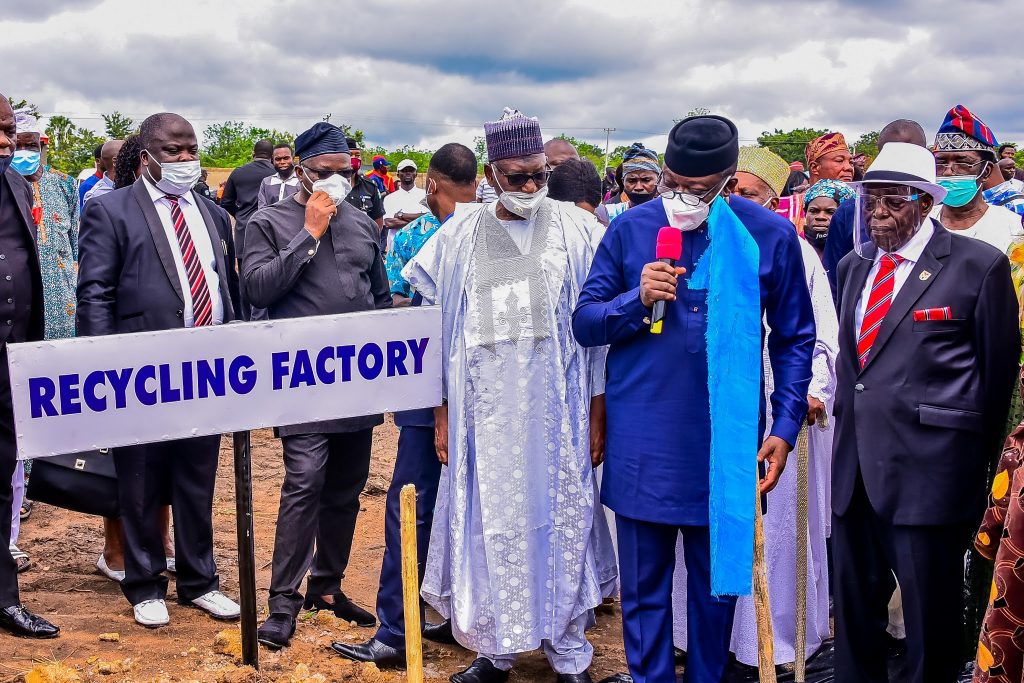
The recycling plant located within the University Industrial Park has officially commenced its operations, marking a significant step towards sustainability. It is widely recognized that carbon emissions have a detrimental impact on quality of life, contributing to a range of chronic health issues and even leading to premature death over time. In response to this pressing concern, the University has implemented a comprehensive system designed to mitigate carbon emissions through various effective measures.
One of the key initiatives is the extensive tree planting program. Often affectionately referred to as ‘WOODLAND’, the university has dedicated itself to a continuous process of afforestation. In 2024, the ABUAD Clean and Tree Club achieved remarkable results by planting additional 425 trees across the campus, reflecting an impressive increase of 53.4% compared to the previous year. This notable surge in tree planting not only enhances the beauty of the university grounds but, more significantly, plays a vital role in absorbing and storing carbon dioxide. The presence of these trees throughout the campus contributes significantly to reducing carbon emissions and lessening harmful environmental impacts.
The ABUAD Clean and Green Club, an inclusive organization committed to fostering environmental awareness and actions, has been instrumental in this endeavor. Their dedicated efforts aim to establish a sustainable and thriving campus environment, demonstrating a strong commitment to increasing tree planting initiatives in 2024 and beyond.
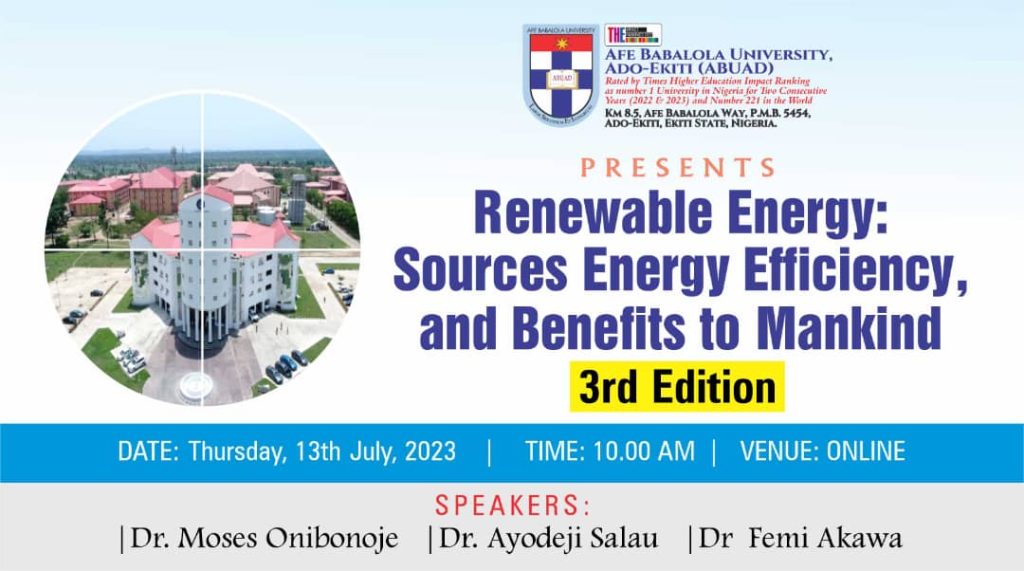
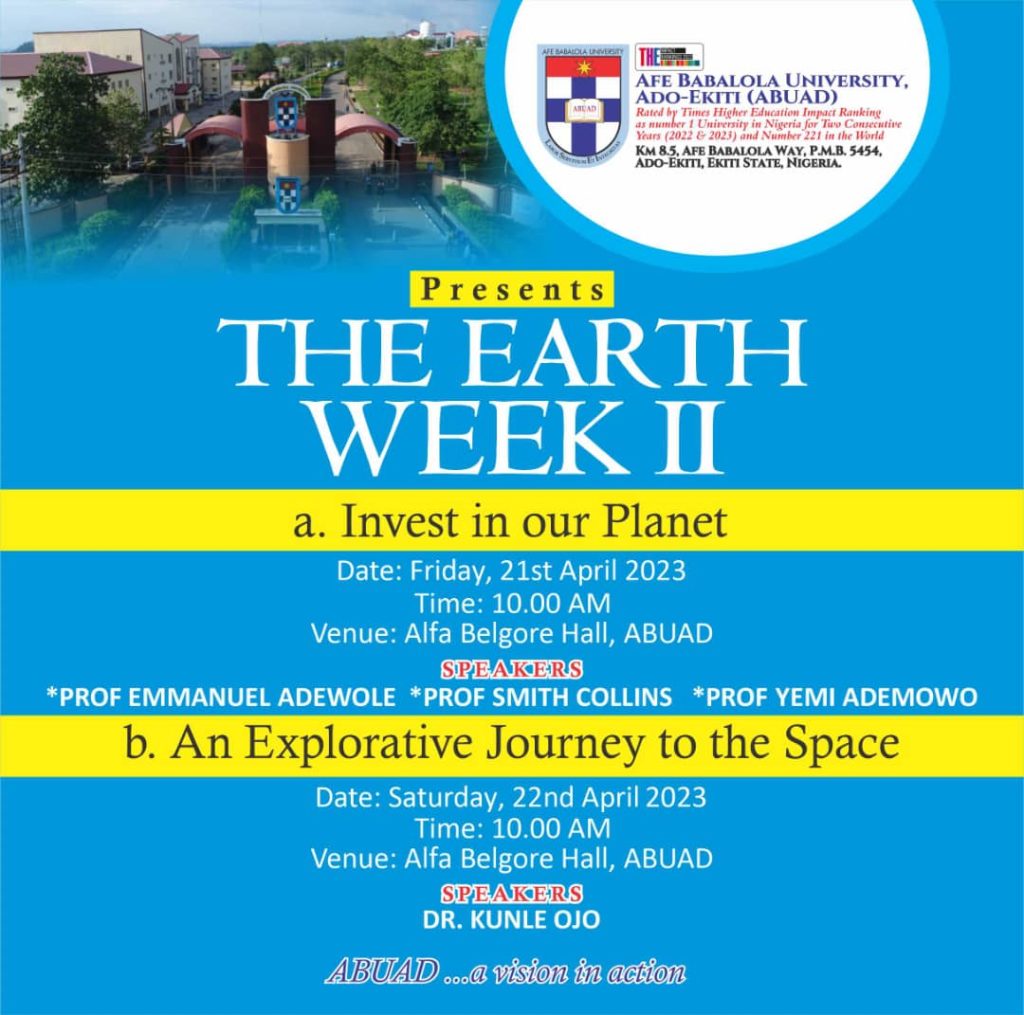
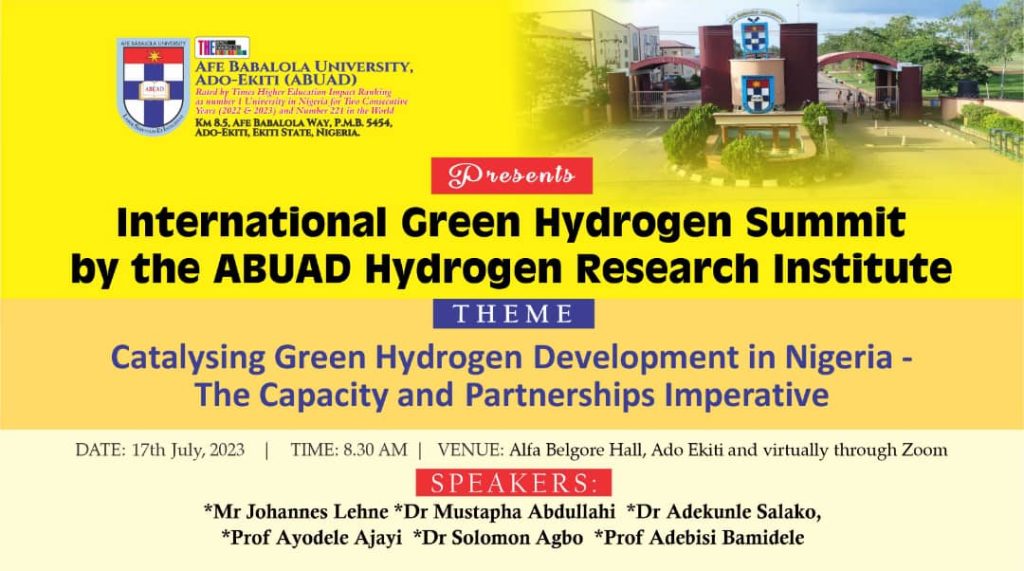

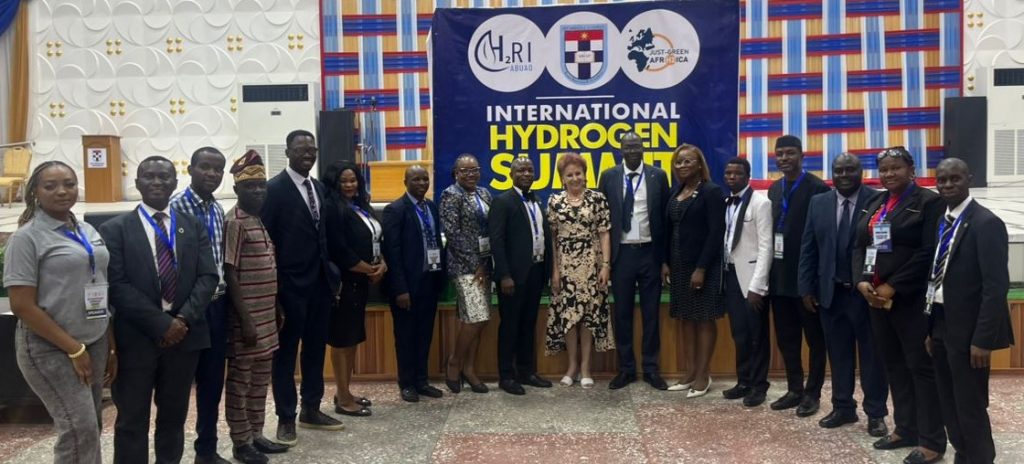
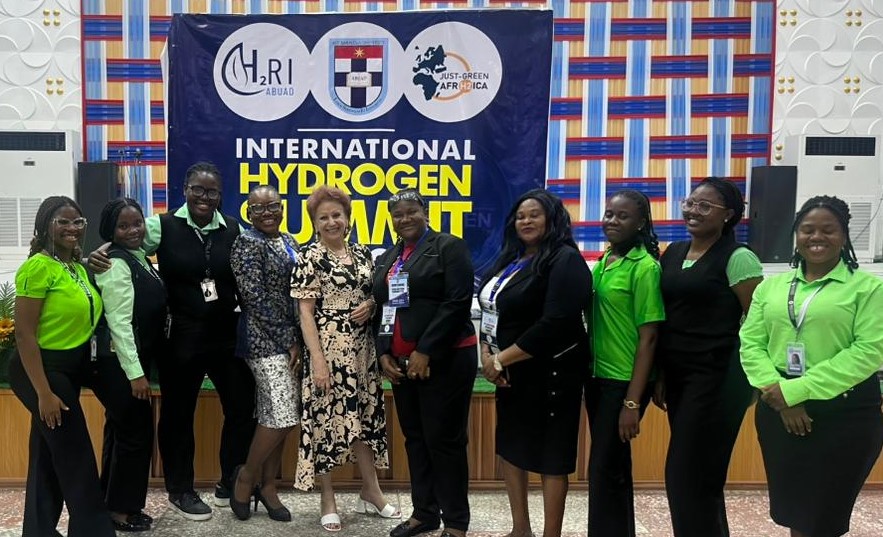


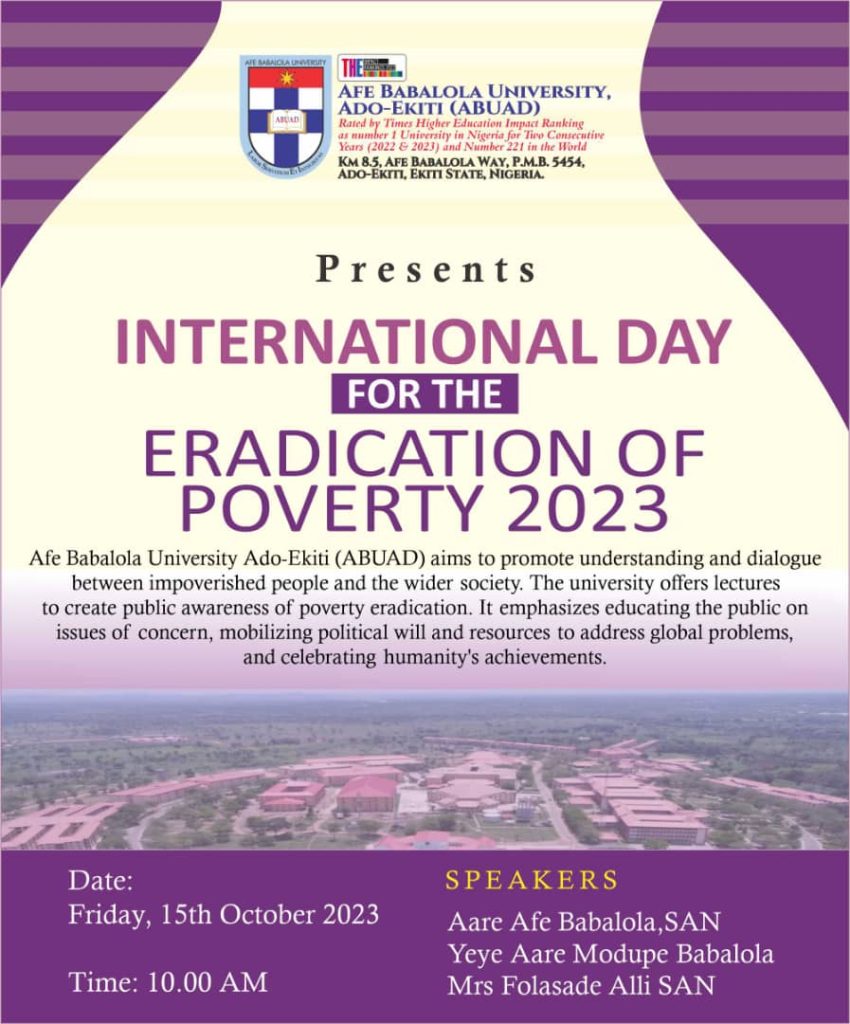
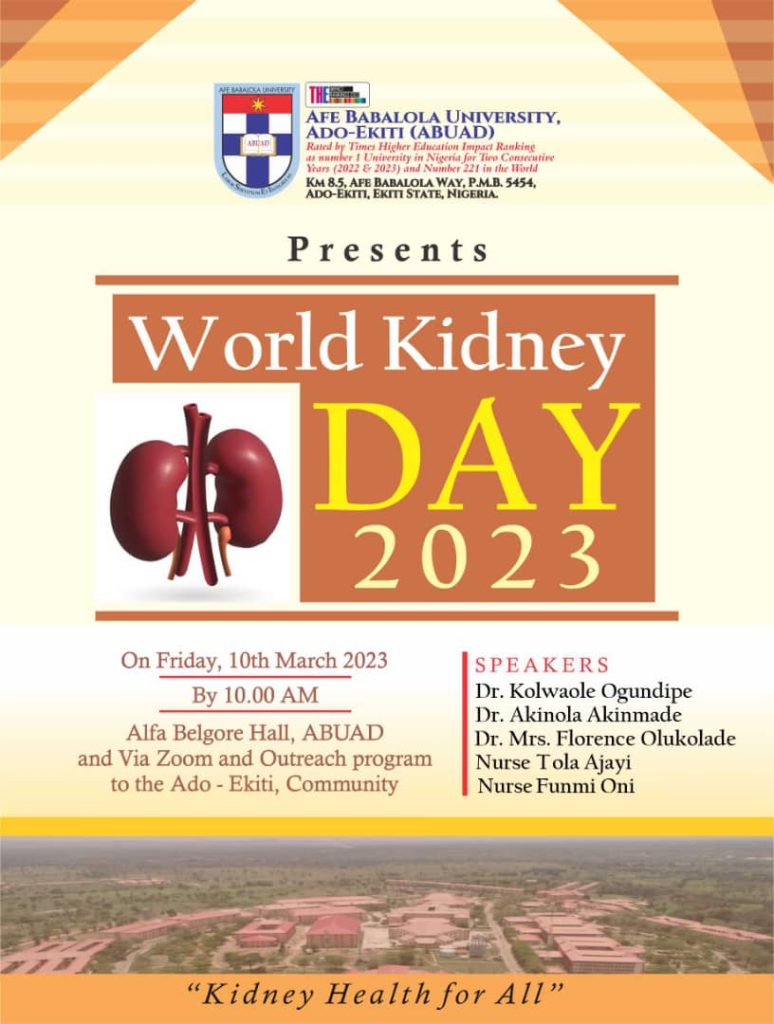



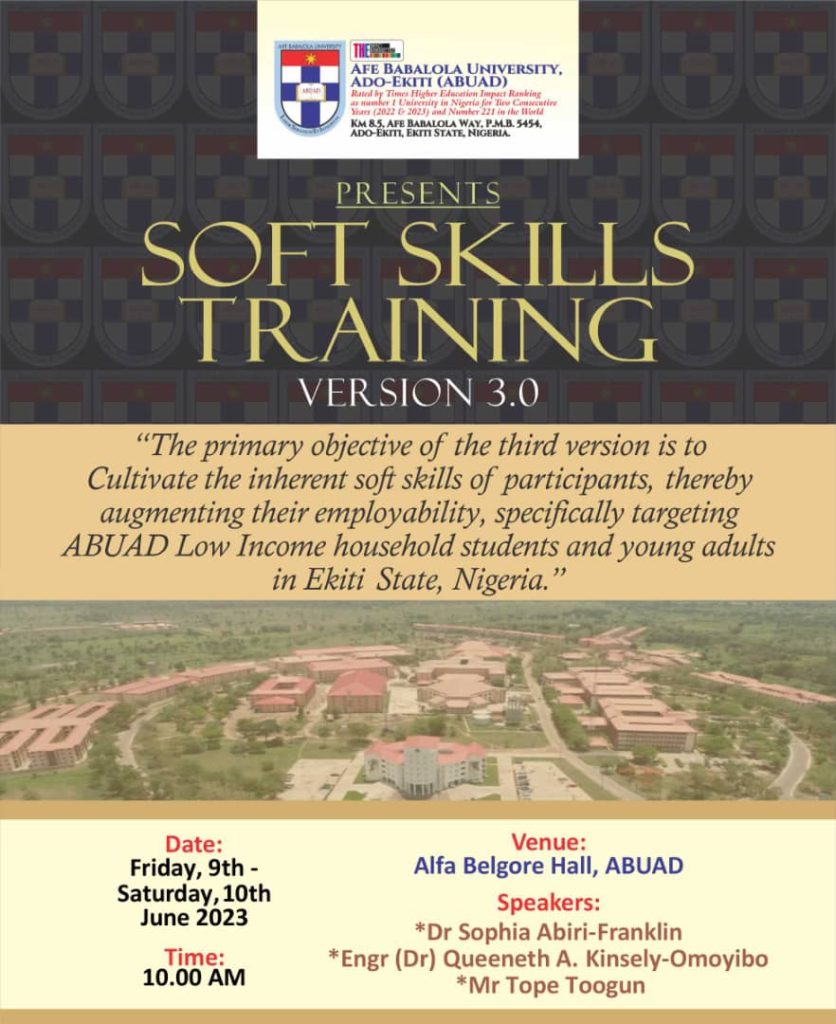

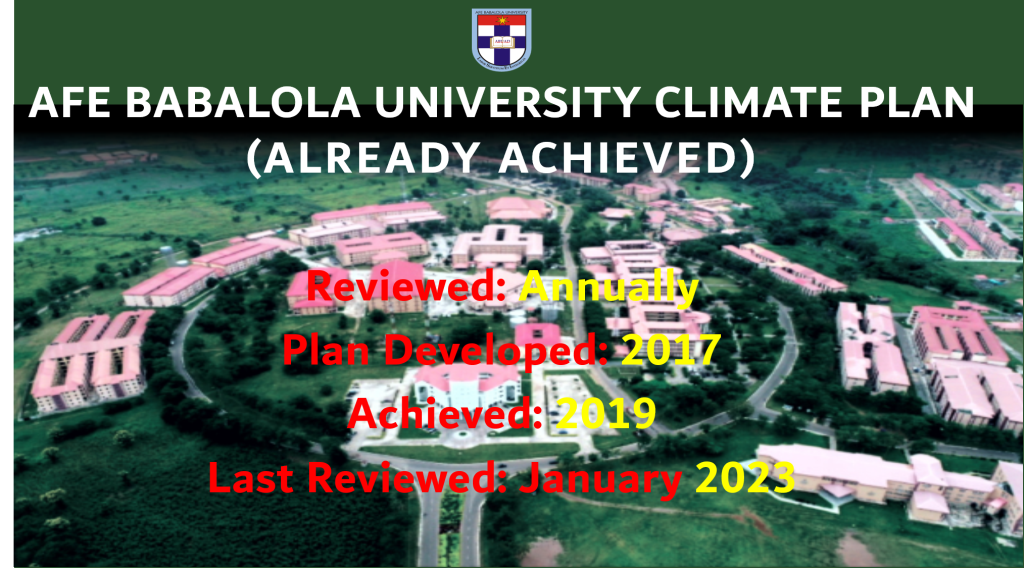
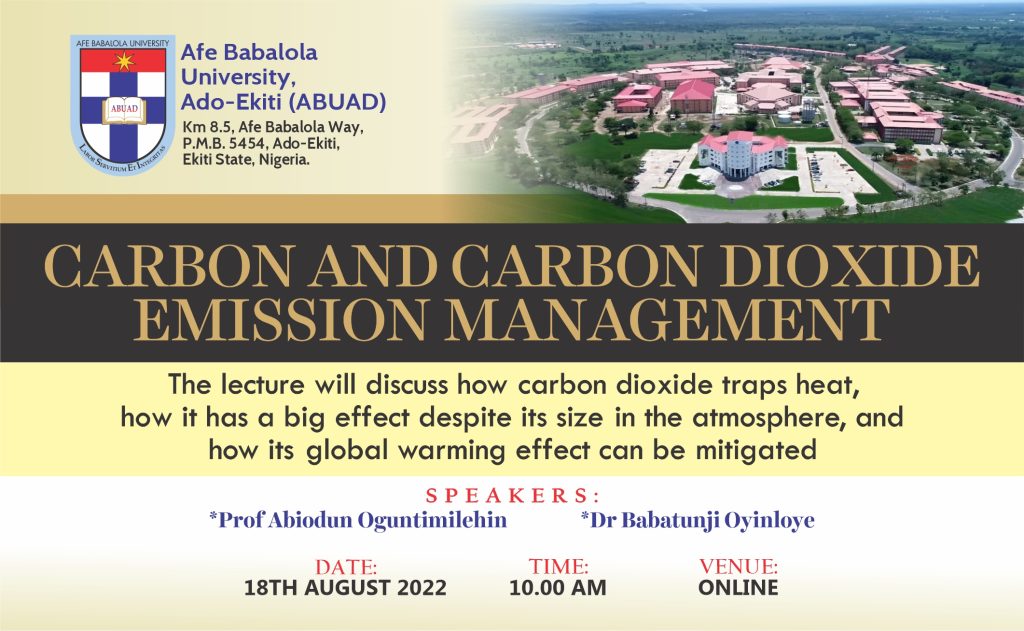
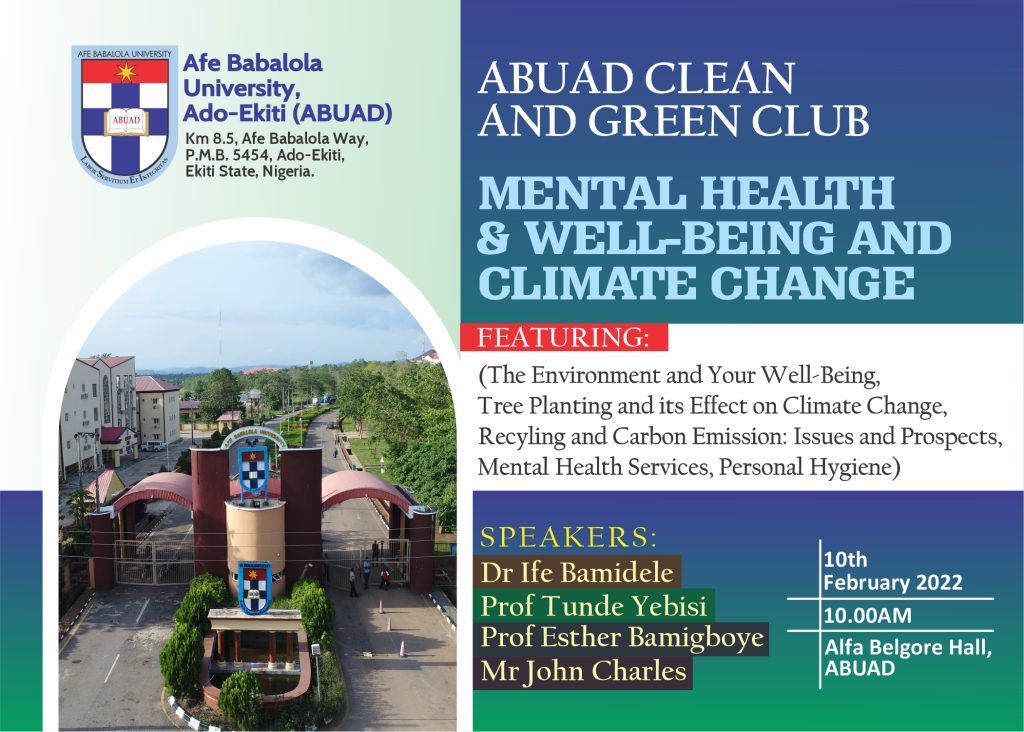
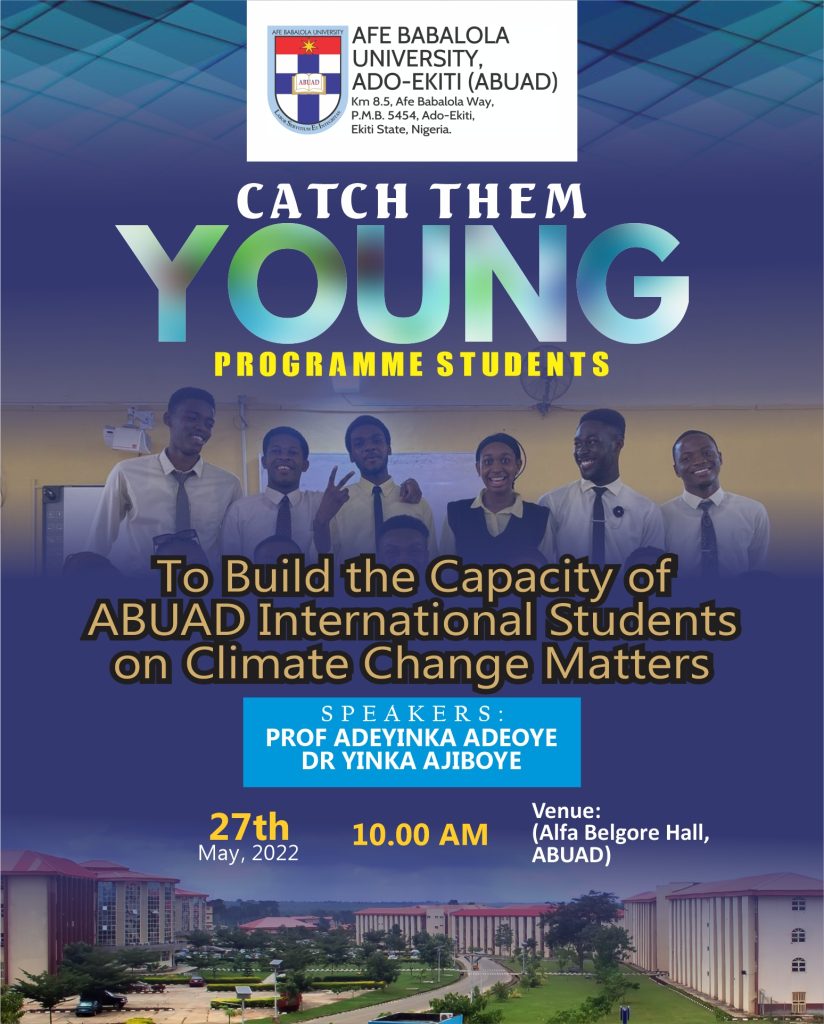
In like manner, in 2022, a 2022 Forest Management and Certification programme joint hosted by the University, Ekiti State Government and other organizations placed emphasis on re-afforestation and tree planting as a way of preserving the ecosystem from the challenges of climate change due that can be brought about by high carbon emission and green house gases (GHG) emissions. Sawmillers, farmers, students and the public were encouraged to engage in tree planting which can also bring about wealth creation training in 2022.
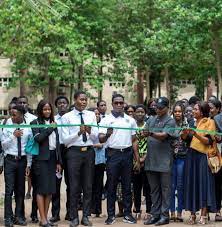

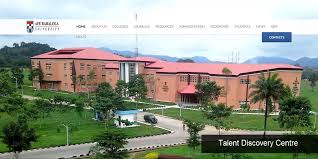
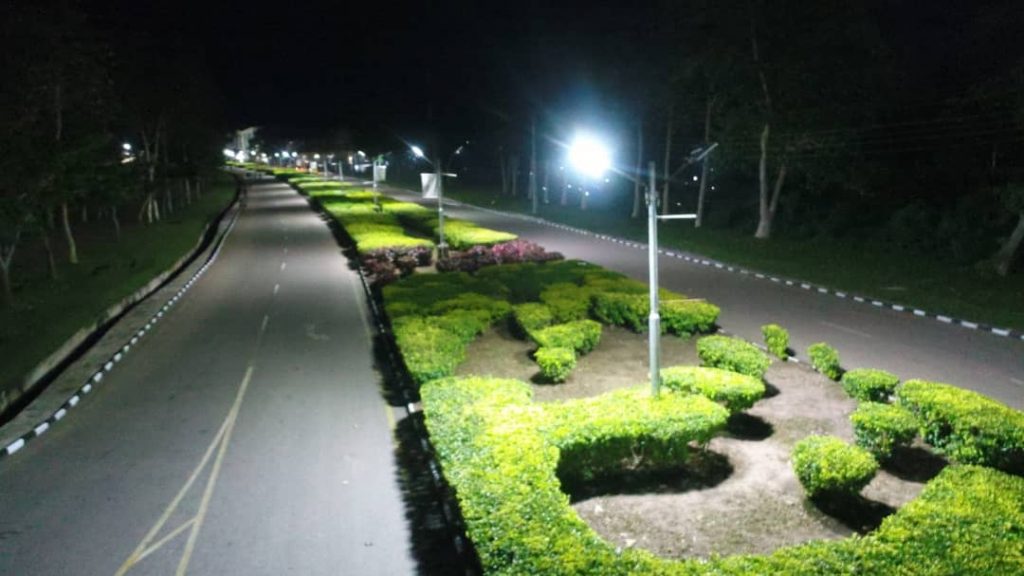

(ii) Transitioning to Renewable Energy Sources: At present, ABUAD relies on an Independent Power Plant that operates using a gas turbine, providing a significant portion of its energy needs. Alongside this, the institution harnesses solar energy and other renewable resources, including coal and ethanol, to power various electronic and electric devices throughout the campus. A dedicated team of research groups and committees is actively exploring innovative hybrid renewable energy solutions, working tirelessly to ensure a comprehensive transition to sustainable energy sources that will meet future demands while minimizing environmental impact. Afe Babalola University Energy Conservation Policy 2023
and Afe Babalola University Energy Utilities and Sustainability Plan Reviewed 2024
2023-FREE-ABUAD-COMMUNITY-SEMINAR-SERIESABUAD-Energy-and-Utilities-Sustainability-Master-Plan-Reviewed-2024
ABUAD-University-Energy-Conservation-Policy-Reviewed-2024
(iii) Promoting an Eco-Friendly Campus:
ABUAD is a vibrant campus characterized by a unique atmosphere of peace and tranquility, making it an ideal environment for both learning and personal growth. In a deliberate effort to foster this serene ambiance, the university implemented a policy in 2020 and continues in 2024 that prohibits students from driving personal cars on campus. This initiative aims to encourage the campus community to engage in healthier practices, such as walking or riding bicycles, thereby promoting a more active and eco-conscious lifestyle.
The architectural layout of the university is thoughtfully designed to enhance accessibility and convenience. Most academic buildings are located within a short two-minute walk from one another, allowing students and faculty to move easily between classes and facilities. Additionally, the residence halls are, at most, only a three-minute walk away from the colleges, minimizing the need for any form of vehicular transport within the campus.
For instances where transportation is essential—such as for emergencies or transporting groups—the university provides a fleet of eco-friendly buses and mini-vans. These vehicles run on non-fossil fuels, further contributing to the university’s commitment to sustainability. By limiting the number of personal vehicles on campus, ABUAD not only enhances the serene campus environment but also significantly reduces carbon emissions, making a positive impact on the surrounding ecosystem. Through these initiatives, ABUAD demonstrates its dedication to cultivating an educational environment that prioritizes both student well-being and environmental stewardship.
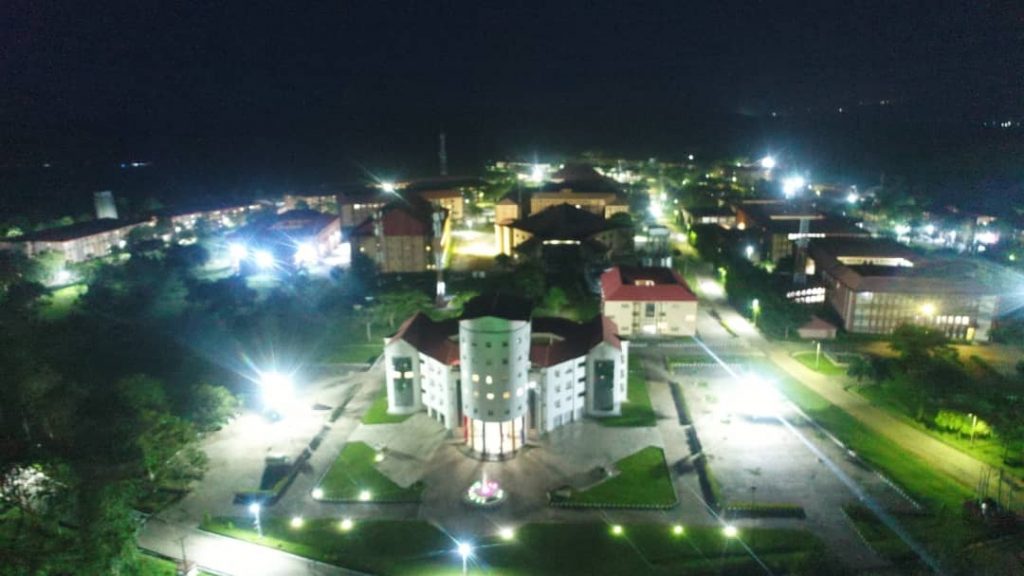
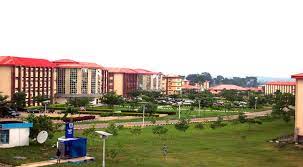
(iv) Design and Installation of 850 Watts Solar Powered System
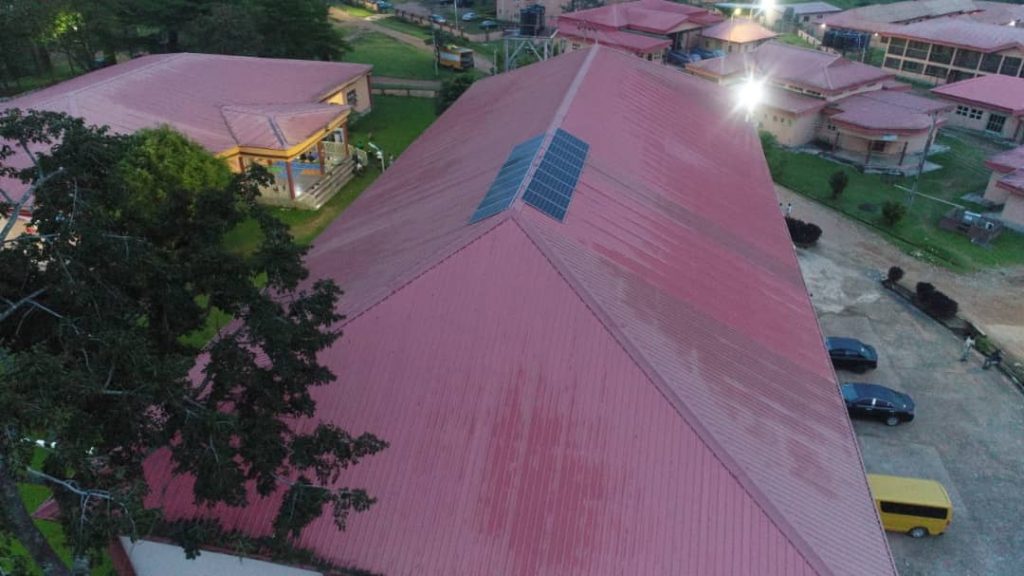


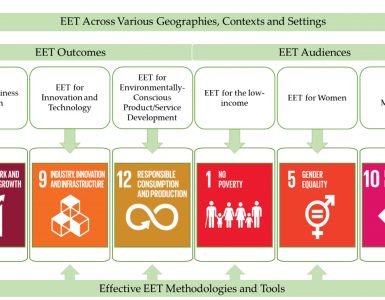
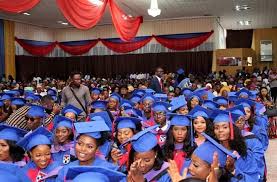
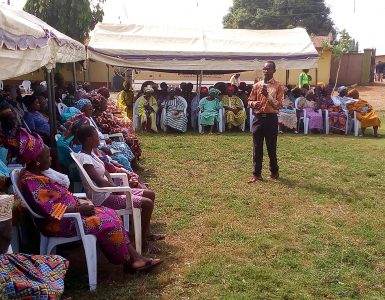










Add comment